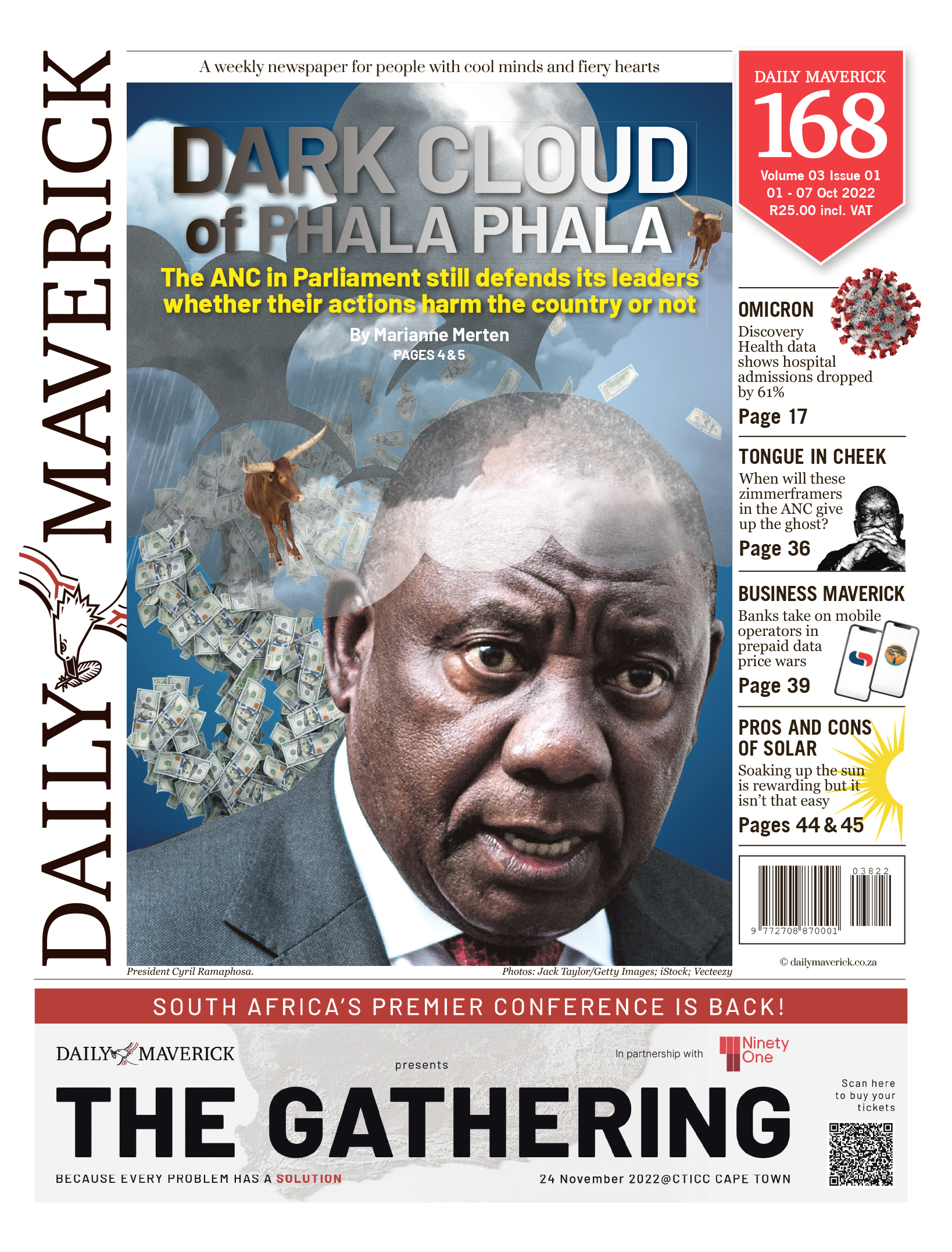Last week, driving along the Marginal, the road that winds around the beautiful bay in Maputo, I was overwhelmed with thoughts of the inseparable bonds of solidarity between the ANC and Frelimo, and between South Africa and Mozambique. I also recalled with much pride how my city, Durban, remains firmly tied to Frelimo’s struggle.
Some of the most important intellectuals in the liberation movement, figures of the standing of Ruth First and Pallo Jordan, were based in Maputo for years. Of course, this is the city where First was murdered by a parcel bomb sent by Craig Williamson. Albie Sachs survived a car bomb on the Marginal, although with life-changing injuries.
In Durban, in 1974, Muntu Myeza, from the South African Students’ Organisation, organised rallies in support of Frelimo at Curries Fountain, making this rally, along with the Durban strikes of 1973, one of the great moments in the political history of the city.
While in Mozambique, I was reminded of the oratory prowess of Samora Machel, Mozambique’s first president:
“They want to come here and commit murder. So we say: Let them come, let all the racists come… Let them come! Let us liquidate war once and for all. Then there will be true peace in the region. Not the false peace that we are now experiencing. Let the South Africans come but let them be clear that the war will end in Pretoria. The war will end in Pretoria, for the majority will take power in Pretoria.”
These were the powerful words of Machel, in the wake of SA’s cross-border raids in 1981, that I remembered when I visited the Matola Raid Memorial in Mozambique.
Both Mozambique and South Africa have serious problems, but they are both free in the sense that they are not subject to external oppression.
Visit Daily Maverick’s home page for more news, analysis and investigations
The sacrifices that were required for liberation were not for nothing and must be remembered despite the bitter disappointments of the present. It was 58 years ago, on 25 September 1964, that the Mozambican War of Independence against the Portuguese occupation began, with independence finally achieved in 1975.
But, some 47 years later, large parts of Mozambique remain underdeveloped, masses remain in poverty and the stark inequality is comparable to South Africa. When the hugely courageous journalist Carlos Cardoso was assassinated in Maputo in 2000, South Africans began to understand how deeply gangsterism had infiltrated the economy of Mozambique. Now our own city is in the grip of mafias in a range of sectors including trucking, transport, construction and even at some hospitals and universities.
Compared with big cities in South Africa, the infrastructural deficits are immediately apparent in Maputo, despite large inflows of welcome Chinese investment. Of course, this is linked to various dynamics related to Lusophone Africa. The Portuguese were not as wealthy as the British and had generally colonised countries that did not have the natural resources that many of the countries that Britain colonised did. The war with the US and apartheid South African-backed Renamo, analogous in some ways to Unita in Angola and Inkatha in South Africa, also set the country back massively.
But colonialism and imperialism are not full explanations for the failures of both Frelimo and the ANC, 47 and 28 years after they came to power. In both Mozambique and South Africa, we have seen spectacular failures, with the kleptocratic elements in Frelimo and the ANC not even trying to hide their predatory relation to society.
The tragedy of former national liberation movements that turn on their own societies is certainly not limited to Mozambique and South Africa. We have seen the same heart-breaking phenomena across the region — Angola, Zimbabwe and Namibia.
There is no doubt that the time for each of these organisations to be removed from power is long gone, but the failure to build mass-based progressive alternatives means that in each of these countries the alternatives to the former national liberation movements are US-aligned neoliberal parties.
The time when Frelimo, the People’s Movement for the Liberation of Angola and the ANC were powerful forces on the international left seems like a grainy, distant memory.
Today there is no left of any meaningful sort in electoral politics in Mozambique, Angola and South Africa, and the same is true of Zimbabwe and Namibia. It’s hard to summon much hope under these circumstances, but what else can we do other than to keep on pushing, building, working, hoping? DM168
This story first appeared in our weekly Daily Maverick 168 newspaper, which is available countrywide for R25.

















 Become an Insider
Become an Insider
Something else that Samora Machel used to remind the Mozambicans at every occasion was that:-
“A luta continua!”
He would be disappointed but not surprised to find us all where we are today ….
And being US aligned is so bad? Certainly better than the alternatives if you are poor